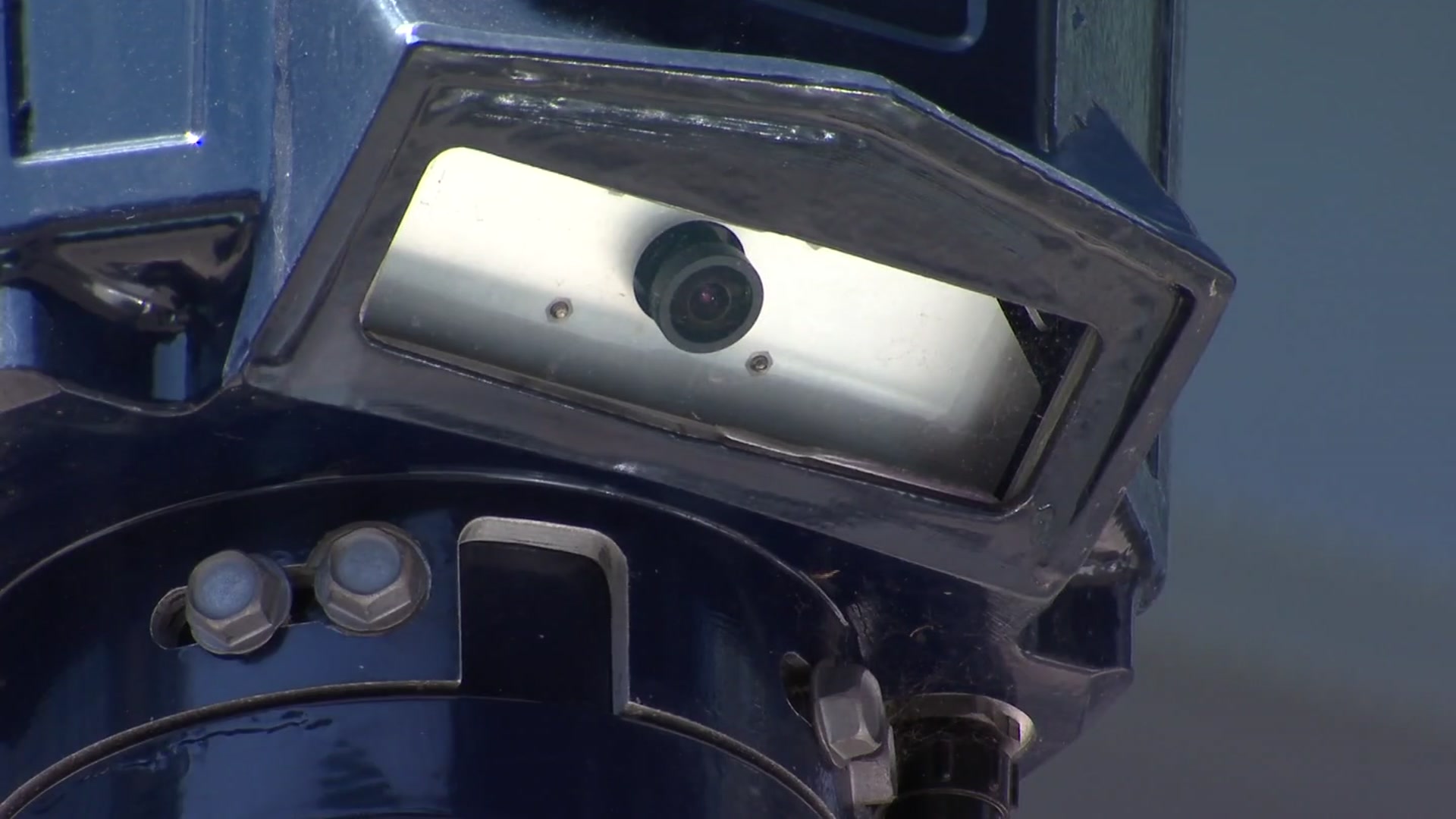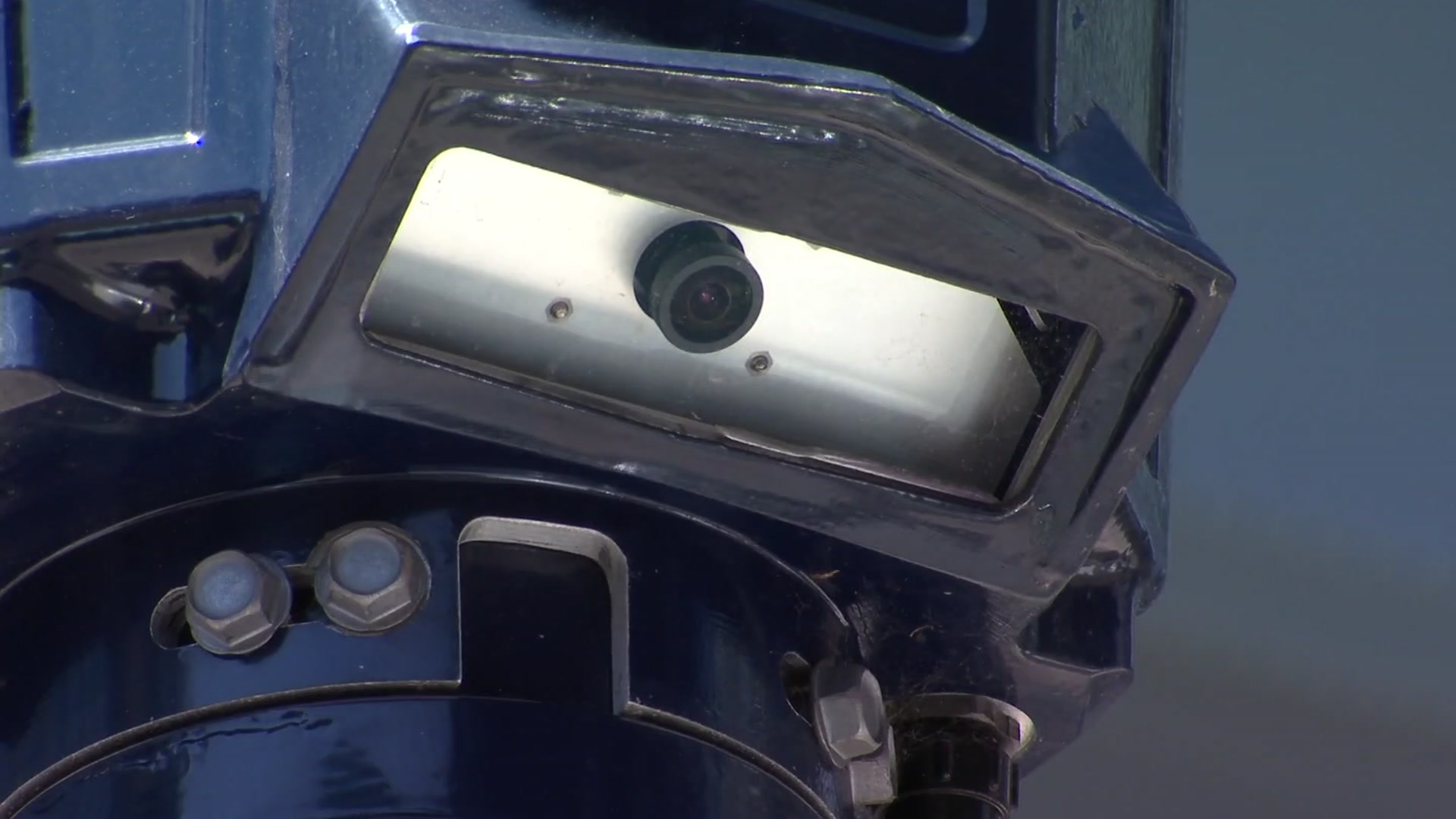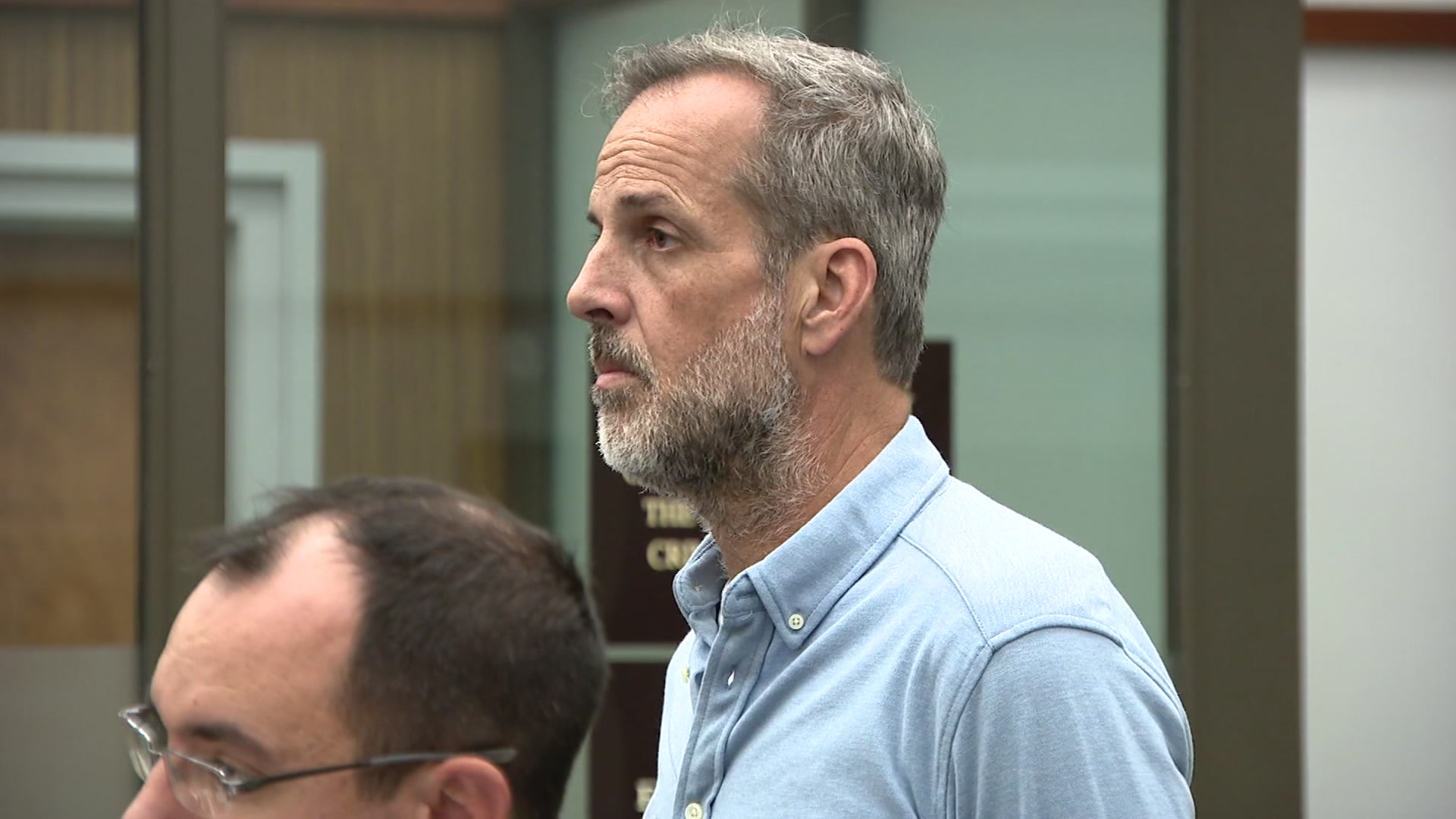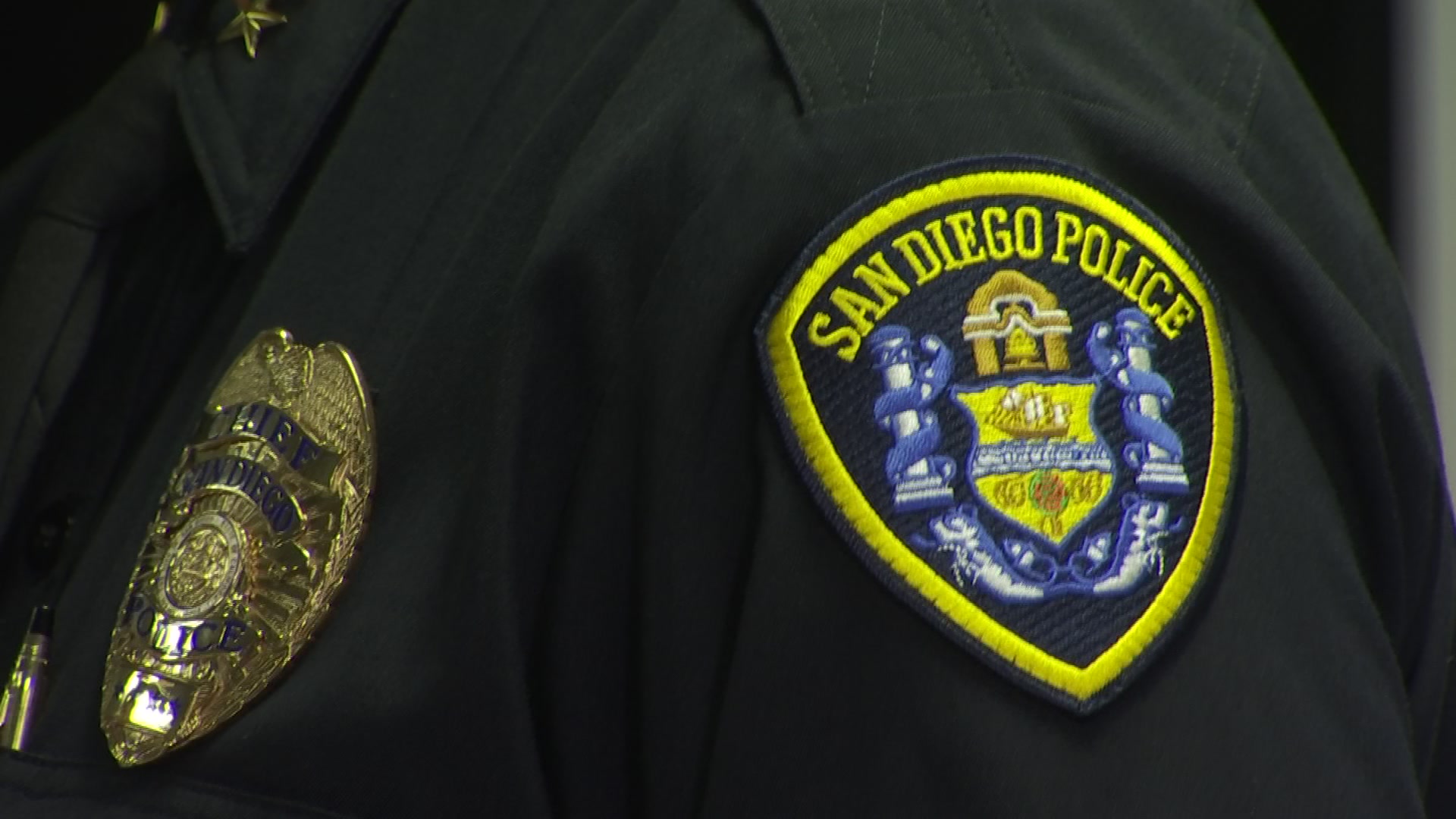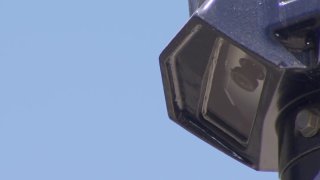
The debate over the use of streetlight cameras continues. A city council committee will review a draft policy from Mayor Kevin Faulconer’s Office aimed at clarifying how the data and video captured by the estimated 3,000 cameras fastened to streetlights throughout the city.
The police department’s access and use of the government surveillance have been an ongoing question from activists and the public.
Council members have also taken issue about the manner in which the cameras were presented to them in 2016, as NBC 7 Investigates explained in a recent podcast.
So what crimes and how often do police officers use the cameras to help solve crimes and what types of crimes were the cameras used to investigate?
NBC 7 Investigates has obtained numbers that show the locations and the types of crimes investigated.
According to city data, San Diego Police has used footage from the smart streetlights cameras a total of 175 times from August 11, 2018, through October 28, 2019.
The vast majority of surveillance occurred in downtown and Southeast San Diego.
The data shows the cameras were used by SDPD to investigate a wide variety of crimes. Footage from the cameras was used to help solve homicides, violent assaults, and robberies.
But the footage was also used for other crimes, showing the policy of when to access the surveillance was much more discretionary.
Police accessed the footage for a variety of crimes including vandalism, illegal dumping, evading arrest, destruction of city property, and drunk driving, among others.
A spokesperson for the police department said the illegal dumping was related to a crime where a suspect dumped concrete clocks in front of a parking garage at the FBI building, alerting authorities to a potential attack.
According to city data, the footage was considered as "critical" evidence in 58 or the 175 cases. Whereas it was listed as "not helpful" on 72 occasions.
The data reveals that surveillance footage was used as evidence in cases which included murder, sexual assualt, and hit and run cases.
In emails obtained by NBC 7 Investigates, Captain Jeffrey Jordan touted the benefits of the smart streetlight cameras, specifically in solving serious crimes such as homicide and violent assaults.
“The San Diego Police Department uses this technology reactively, to recover evidence after a violent crime or serious collision have occurred,” Jordan wrote in an internal email obtained through a public records request.
In a separate email to Mayor Kevin Faulconer’s Office, Jordan characterized the cameras as an important tool that not only helps solve violent murders and sex assaults but also saves the city money.
“I can say without hesitation we have minimally saved at least a thousand hours of time, if not thousands of hours in time at SDPD through the use of this technology,” Jordan wrote to mayoral staffer Almis Udrys in an October 22, 2019 email.
“However, these hard costs in personnel time, pale in comparison to the intangible cost savings from solving these crimes," he wrote. "I am not sure how to quantify arresting and convicting a suspected serial rapist from the Gaslamp after he sexually assaulted a female leaving a bar at closing time by using Smart Streetlights or the murder of a beloved store owner.”
In a statement to NBC 7, Jordan says there is some deviation in the types of crimes however the police department uses the camera footage for violent crimes, and in cases of extreme property damage or potential loss of life.
Smart Streetlights
Community activists have also taken issue with the surveillance:
But in recent months community members and some city council members have raised concerns about the use of streetlight cameras.
Last year, councilmembers suggested they were not fully informed of the extent of the program and were instead sold on it as a way to save energy through the use of LED light bulbs in streetlights. They called for a moratorium on the use of mass surveillance.
In October, local attorney and candidate for city attorney, Cory Briggs blasted City Attorney Mara Elliott for failing to inform council members that some of the data could be accessed by a third-party vendor.
Last month, public advocacy group San Diegans for Open Government, a group which Briggs serves as lead attorney, sued the city and accused it of hiding data from the cameras.


